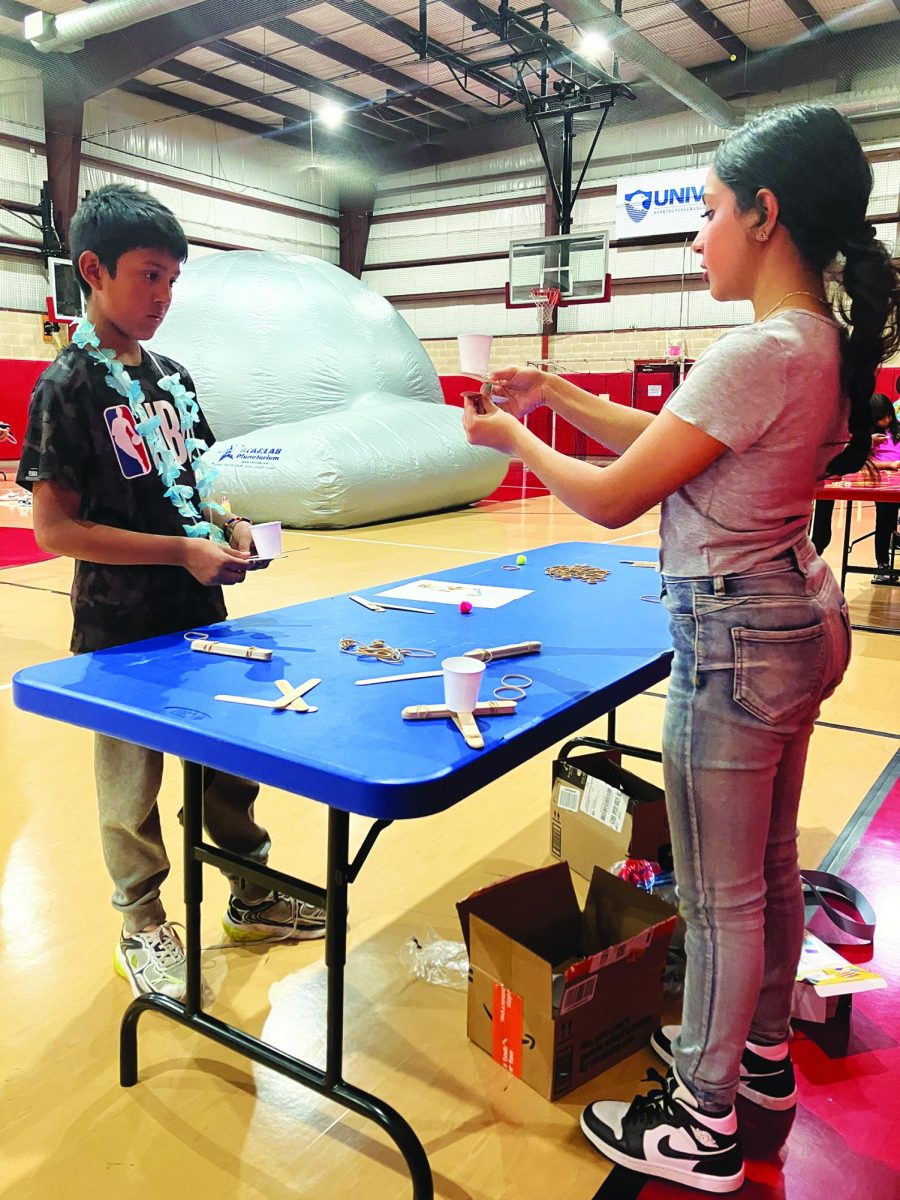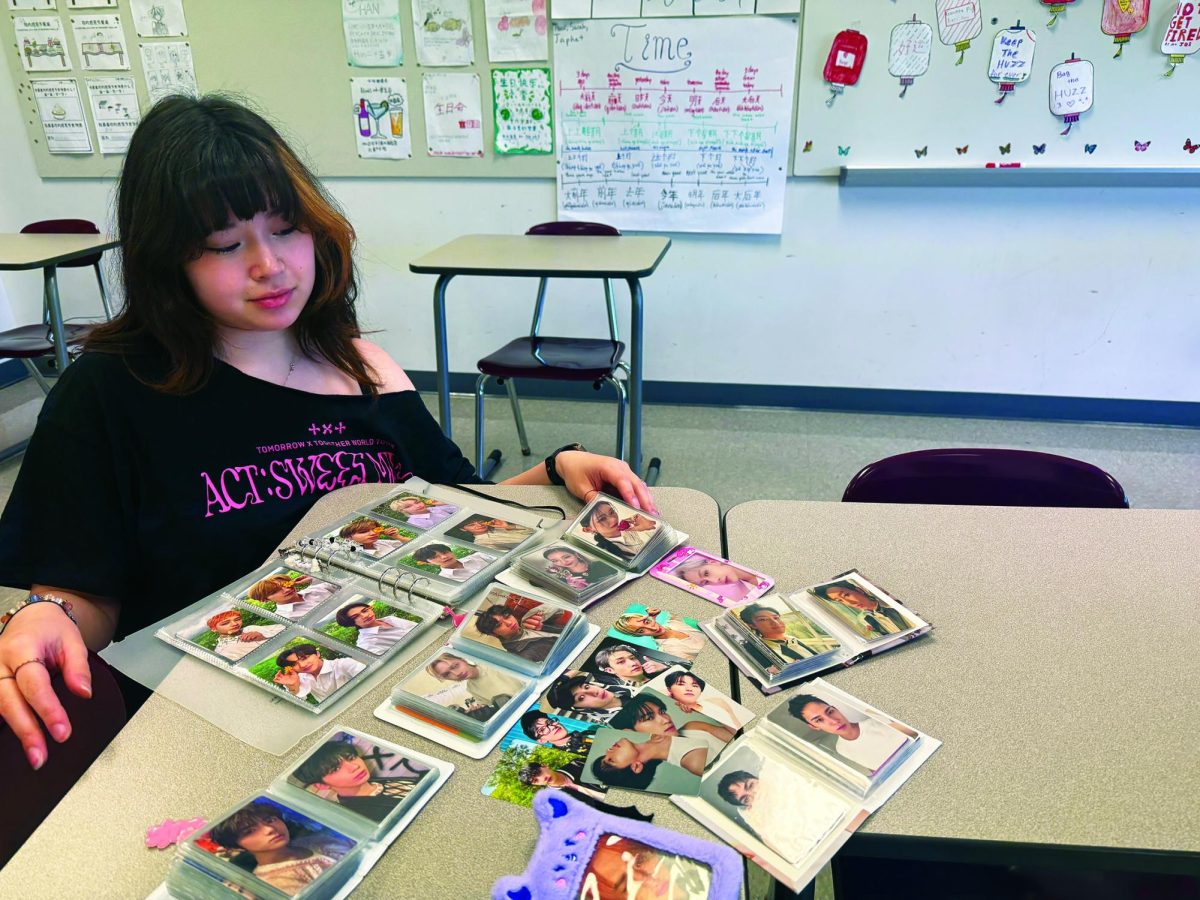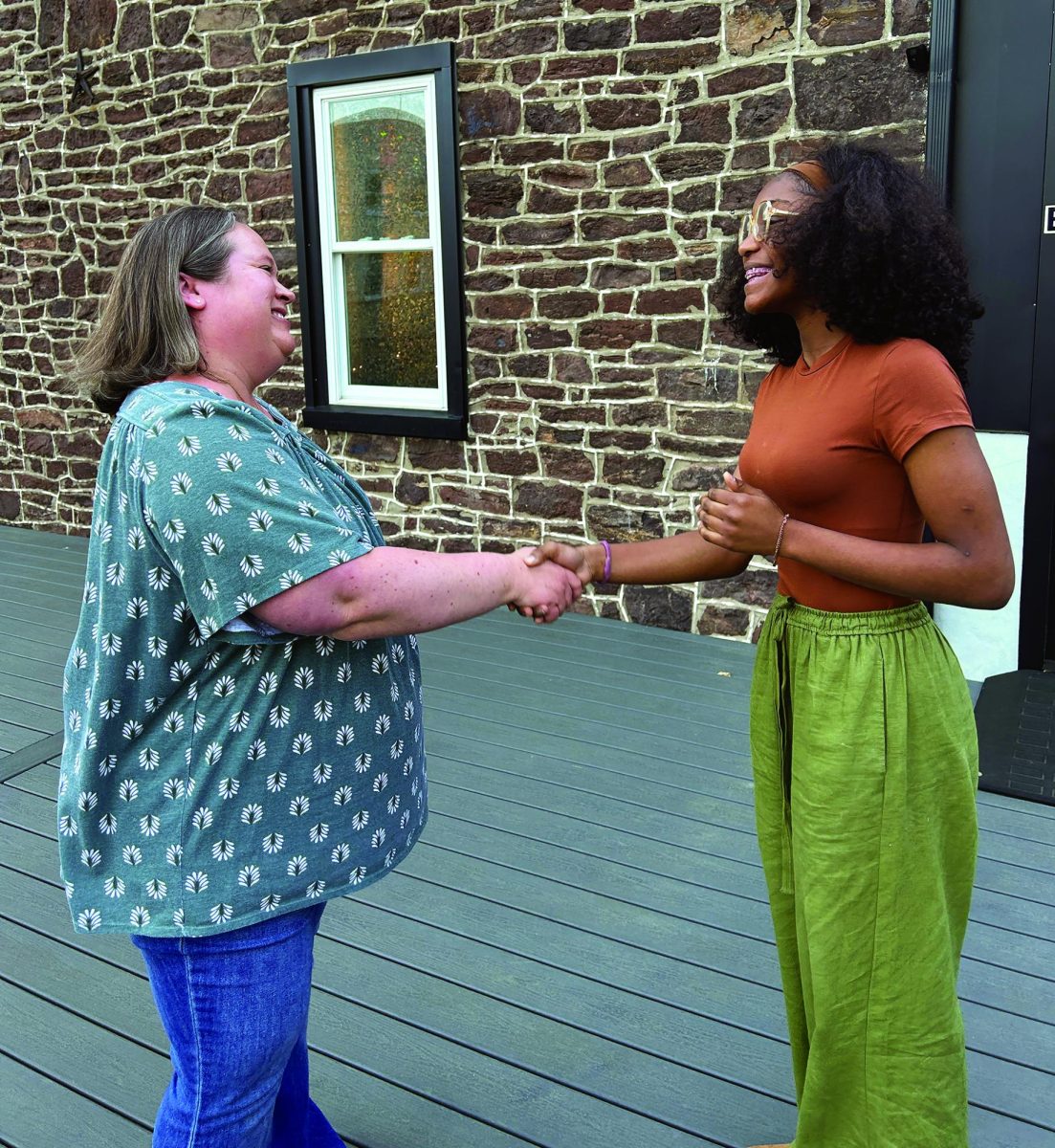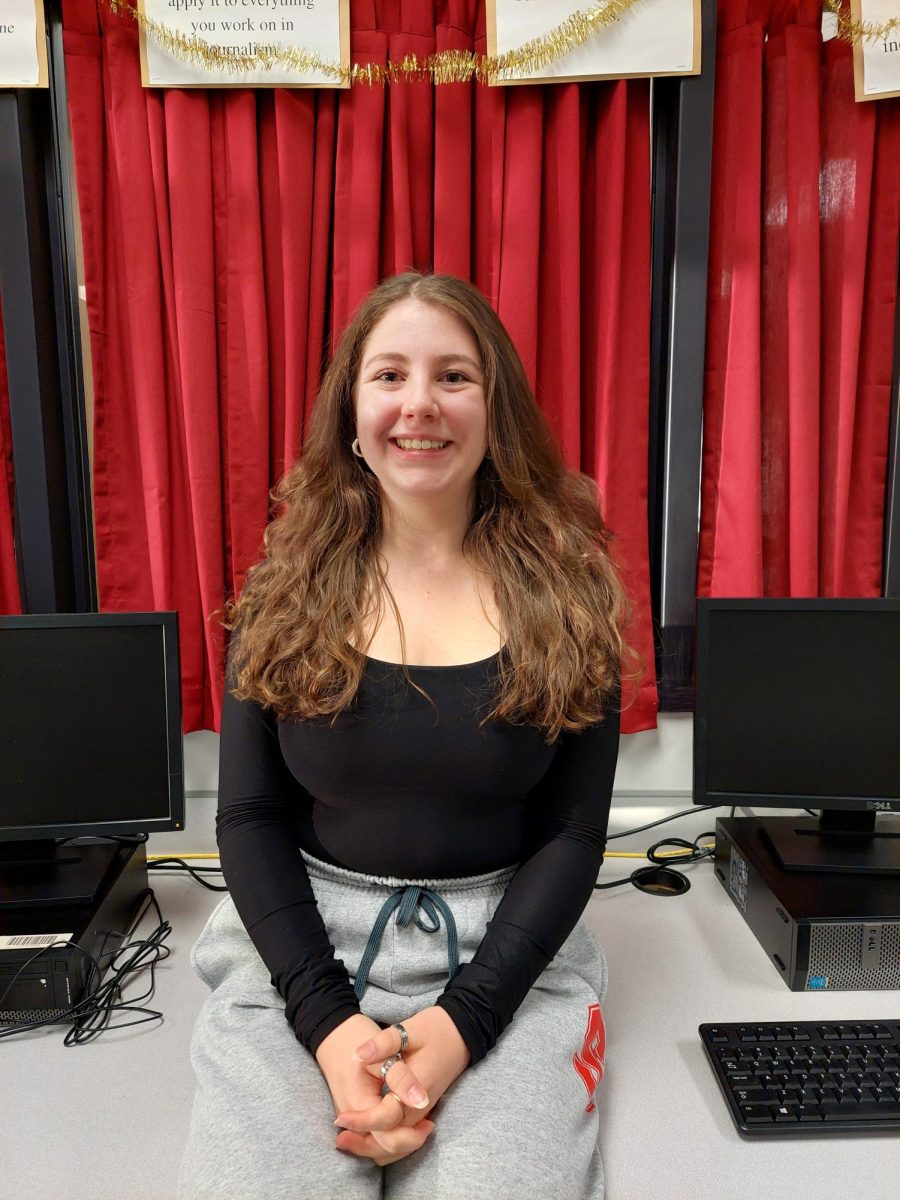Popularizing a harmful narrative with negative effects, Thanksgiving promotes stereotypes and misrepresentation of Native American culture.
Throughout the year, Native Americans must face a variety of issues during the fall season involving the mockery and appropriation of their culture. These issues include sports teams using Native Americans as mascots, non-Natives dressing up as Native Americans for Halloween, and the celebration of settlers coming to America and wiping out most of the Native American populations, or “Thanksgiving”.
Thanksgiving was first established as a national holiday in 1863 by President Abraham Lincoln, according to History.com.
Generally, Lincoln’s idea of celebrating after the Civil War is not the one that people remember when thinking of Thanksgiving.
The most popular origin story of Thanksgiving is about the Wampanoag tribe of Massachusetts meeting with the European settlers at Plymouth and sharing a meal with them to proclaim peace, according to the Encyclopedia Britannica.
This peace was short-lived, with 700 Pequot men, women, and children being massacred in 1637, History.com said. Surviving Pequot people were either sold into slavery or were able to escape to other tribes in the New England area.
Another narrative conflicts with the idea of the peaceful meal with colonists and Native Americans. TIME Magazine said that the “first official mention of a ‘Thanksgiving’ celebration occurs in 1637,” which was after the Pequot massacres to celebrate the victory of the colonists.
Whether the beginning of Thanksgiving coincide with the Pequot massacre or not, it is hard to ignore the events that transpired during and after these years.
Followed by the act of violence on the Pequot tribe were many different acts of prejudice against Native Americans, such as the many battles over land that was rightfully theirs, the Indian Removal Act which led to the Trail of Tears, forced assimilation through boarding schools, and keeping Native Americans in reservations, according to History.com.
However, the Pilgrim and Native American gathering that provides a false sense of unity still persists in communities.
If people are willing to try, they can still help decolonize the tradition of Thanksgiving.
Completely boycotting Thanksgiving, one could celebrate National Day of Mourning gathering on Cole’s Hill in Plymouth, Massachusetts, CNN said.
According to VICE, one of the simplest ways that people can help is simply educating themselves about Native American issues and spreading awareness, whether at Thanksgiving dinner or anywhere else. People knowing about Native American issues helps show the need of action to the government. According to the Mashpee Wampanoag Tribe website, the trust status of the Mashpee Reservation is affecting funding for several community programs.
Along with spreading awareness, donate to Native American organizations such as the National Indigenous Women’s Resource Center, The American Indian College Fund, Native American Heritage Association, and more. Supporting indigenous organizations along with buying their products and works helps people understand traditions and hardships faced by Native American tribes.
At the very least, if planning to host Thanksgiving dinner, give thanks that Native American people have been able to overcome some of these hardships.
Thanksgiving promotes misrepresentation
Celebrating victories over stolen land and lives, Thanksgiving festivities do not encompass the full story of Native American tribes and Pilgrims.
0
More to Discover





